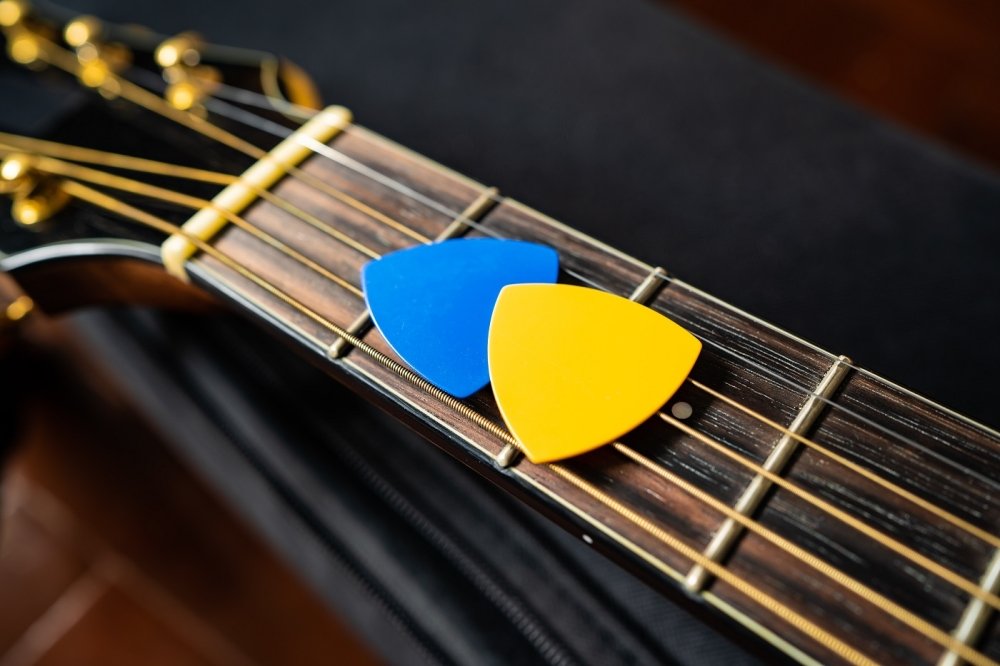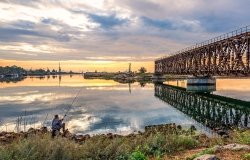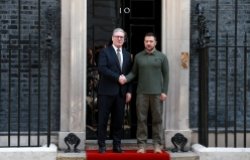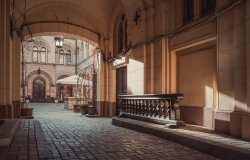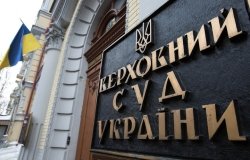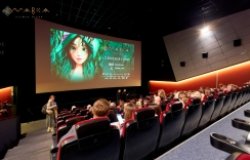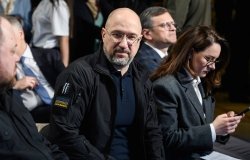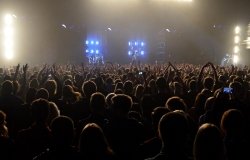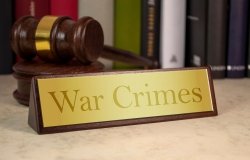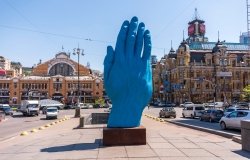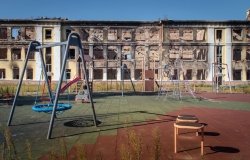
A blog of the Kennan Institute
A Ukrainian Music Library in Your Pocket
Ukrainian composers of European classical music all too often have been overshadowed by alternative labels: Soviet, Russian, Austro-Hungarian, even European. These descriptors have tended to marginalize their works. Consequently, the musicians often remained outsiders when they made their way to major centers in Moscow, St. Petersburg, or Vienna. Such categorizations similarly denied the existence of a shared classical tradition in Ukraine.
Beginning in 2020, several musical leaders in Ukraine—including the Ukrainian Cultural Foundation, the Lviv Organ House, the Galician Music Society, and the online English-language news site Euromaidan Press—set out to change this situation. Their efforts gained enhanced meaning following the full-scale Russian invasion in 2022. Together, they have launched the Ukrainian Live Classic app, offering performances of more than 1,500 pieces and more than 2,500 scores by more than 100 Ukrainian composers across nearly four centuries.
The app challenges Western ignorance of the Ukrainian contribution to European classical music in three ways. First, it brings to light composers and works that are simply unknown to all but the most specialized music aficionado. Second, by including contemporary works, the app shows that Ukrainian classical music is evolving continuously as it interacts with the current music scene. Third, by collecting so many works in one place, it accentuates the ways in which Ukrainian classical music has its own distinctive sound.
As Molly Colin noted in a July 6, 2022, online article for San Francisco Classical Voice, Ukrainian music has been tucked under the umbrella of Russian music for too long, which obscures many subtleties shared by Ukrainian composers as distinct from their Russian counterparts.
Ukrainian composers throughout the 20th century, for example, maintained continuing connections to liturgical choral music. Many—such as Kyrylo Stetsenko and Mykola Leontovych—came from the families of priests and found work as choral directors even during the most repressive years of the Soviet regime. Many more—such as Viktor Kosenko—drew on indigenous Ukrainian folk music for inspiration. Ukrainian music training since the 19th century—beginning with Mykola Lysenko’s Kyiv Conservatory—embraced such folk traditions.
Critics and commentators also have ignored the Ukrainian connections of composers considered to be from elsewhere. For example, Igor Stravinsky’s father was a stellar bass with both the Kyiv Opera and St. Petersburg’s Marinsky Theater. While Igor was born and grew up in St. Petersburg, he spent many summers in Ukraine and drew on the sounds of those summers for the polyphonies of his music.
Finally, aspiring Ukrainian musicians were drawn to the major musical centers of St. Petersburg, Moscow, Vienna, Berlin, and Paris to pursue careers. Having established themselves in these cities, their connections to Ukraine often became obscured.
By denying Ukrainian distinctiveness from Russia, President Putin has accentuated the search for the various ways in which Ukraine is not Russia. His invasion has called the world’s attention to Ukrainian singularity in numerous—especially cultural—areas. The war brings what might be thought of as a cultural concern into the realm of the political. The Ukraine Live Classic app is just one easy way we can appreciate Ukrainian creativity and originality. The app’s project team, led by Taras Demko of the Lviv Organ House (see previous blog posts on July 7, 2022 and May 26, 2023), has worked with passion and love to create a “one-stop shop” for discovering Ukrainian classical music. Now available for free download, it provides the opportunity to carry a sweeping overview of Ukraine’s classical traditions in your pocket.
The opinions expressed in this article are those solely of the author and do not reflect the views of the Kennan Institute.
See our newest content first.
Subscribe to receive the latest analysis from Focus Ukraine.
About the Author

Blair A. Ruble
Former Wilson Center Vice President for Programs (2014-2017); Director of the Comparative Urban Studies Program/Urban Sustainability Laboratory (1992-2017); Director of the Kennan Institute for Advanced Russian Studies (1989-2012) and Director of the Program on Global Sustainability and Resilience (2012-2014)

Kennan Institute
The Kennan Institute is the premier US center for advanced research on Eurasia and the oldest and largest regional program at the Woodrow Wilson International Center for Scholars. The Kennan Institute is committed to improving American understanding of Russia, Ukraine, Central Asia, the South Caucasus, and the surrounding region though research and exchange. Read more


